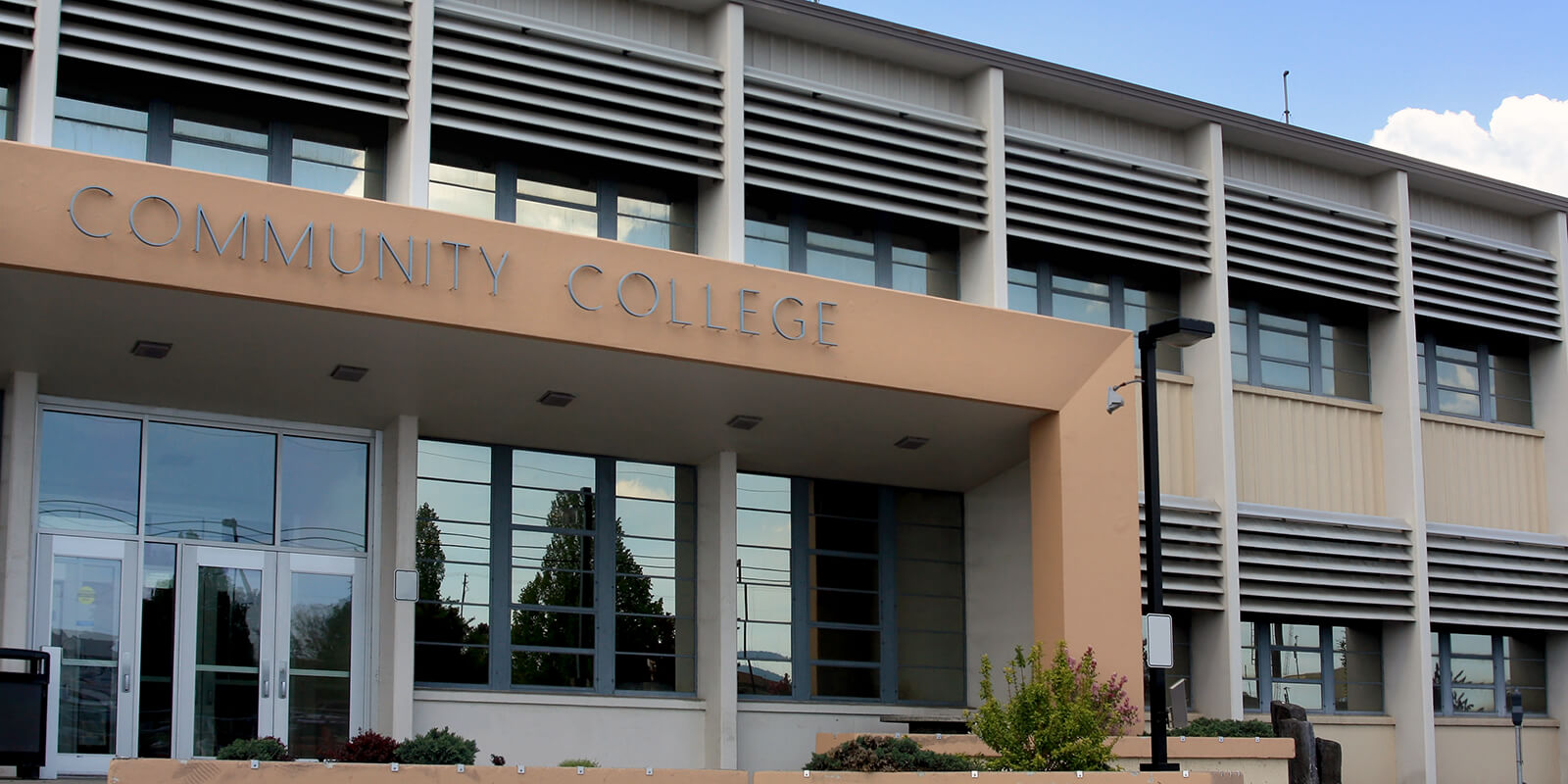In a victory for more than 2,000 workers at Maryland’s 16 community colleges, the state legislature has overridden Gov. Larry Hogan’s veto of a bill that would grant them collective bargaining rights.
The bill, SB 746, had been approved by the legislature in the spring, but was vetoed by Hogan. By votes of 32-15 and 97-41 during a special session, the Senate and House overrode the veto on Tuesday, making the bill law.
“After seven years of fighting in Annapolis, workers at all community colleges will finally have the right to have their voices heard and choice to have a union,” AFSCME Council 67 Executive Director Glenard Middleton Sr., who’s also an AFSCME vice president, said in May after the legislature passed the bill. “It is a great day for workers.”
The new law will maintain existing relationships with campuses that previously had certain rights under different legislation but will also ensure that no community college employee will be denied the right to collectively bargain for a better workplace.
AFSCME members work in community colleges in Baltimore, Baltimore City, Prince George’s and Montgomery counties.
This past week has brought a series of victories for higher education workers in the state.
Another veto override – of SB 9 – will benefit workers of the University System of Maryland, who will now be able to negotiate directly with USM decision-makers under one contract. The new law means that AFSCME members throughout the 12 institutions of higher learning that make up USM will have a level playing field for bargaining on issues of pay, health and safety provisions, among other things.
Under the old system, each campus had to bargain individually, creating unequal and unfair outcomes across campuses.
“This change will streamline decisions about campus re-opening, vaccination and wages, giving over 6,000 workers a new and stronger voice at the table,” AFSCME Council 3 President Patrick Moran said. “Our union will continue to lead the fight for better health and safety precautions and strengthening public services across Maryland. A nurse at the health center on campus should have the same rights and protections as a nurse at the health center in another state facility.”
And late last week, AFSCME members celebrated victory when the USM raised its minimum wage to $15 an hour. The increase will go into effect in January.
These victories are proof of the union difference, which leads to better pay, benefits and working conditions for union members, as well as healthier and safer communities. When public service workers have a voice on the job, everyone wins.
